


Many are the hurdles and dilemmas confronting the tourism industry in the wake of the Covid-19 pandemic, the epicenter of a global upheaval which has exacerbated the already impending threats of the environmental and climate crisis. As never before, this is the time for serious reevaluation of the tourism sector, and for the redesign of previous models and practices that have proven to be detrimental to destination communities and local ecosystems, and to the revival of the industry in a post-pandemic world.
Among the most-promising trends in the sector, culture-based creative tourism has garnered increasing support and enthusiasm as a pathway to regenerative development and destination resilience, two essential components of sustainable tourism and development. Inherently personalized and participative in practice, creative tourism is based on the personal contact of one-on-one and small-group experiences based on the culture of a place and its people. Focused in its dimension and emphasis, creative tourism offers visitors the opportunity to hone their creative instincts and tendencies, as they learn about the local culture through direct contact with artists, artisans, and cultural agents of the destination community. The result is a dynamic, interactive exchange that both incorporates and promotes regenerative, sustainable local development and destination resilience.
Presentations are invited for both in-person and online sessions.
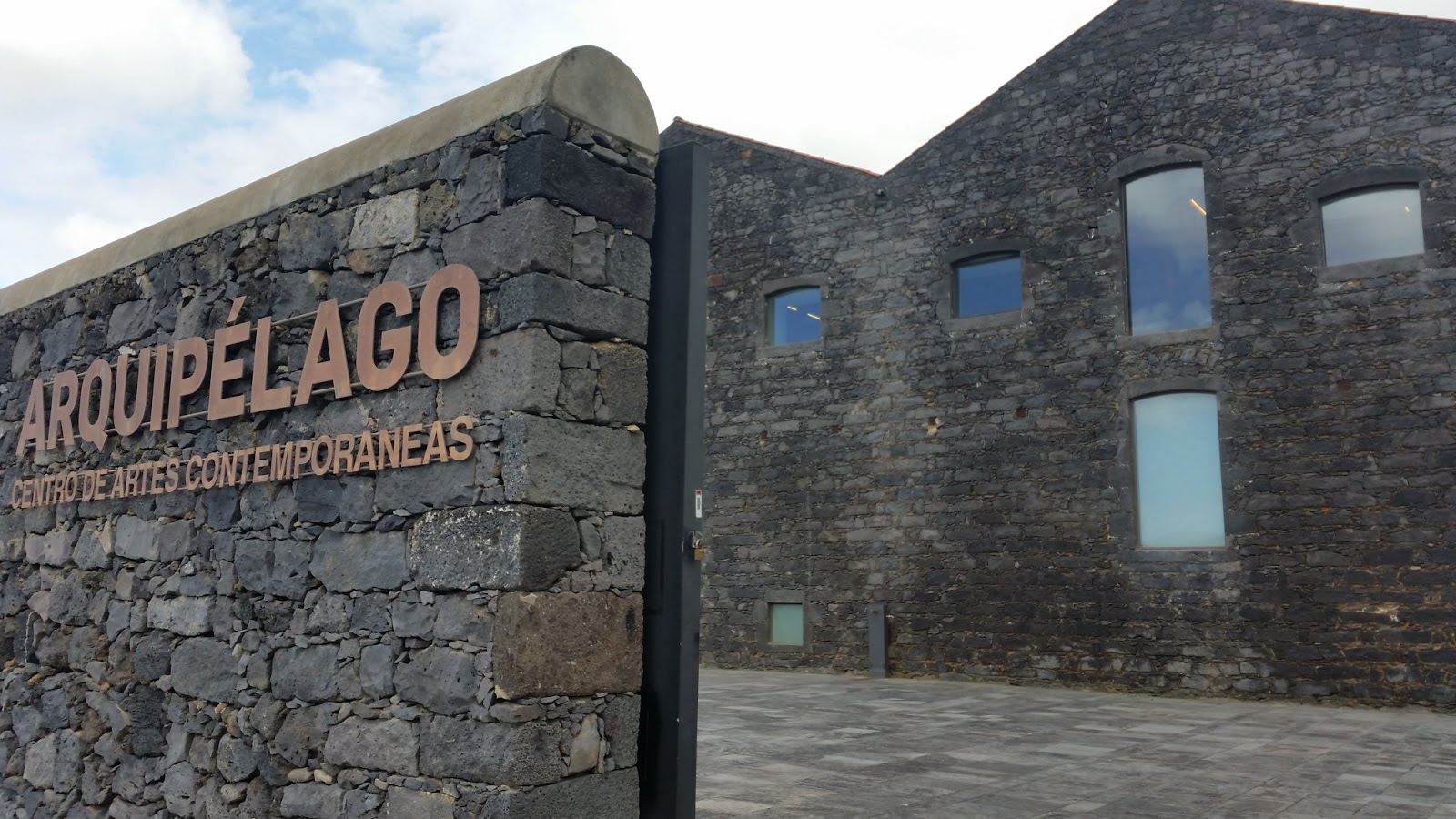
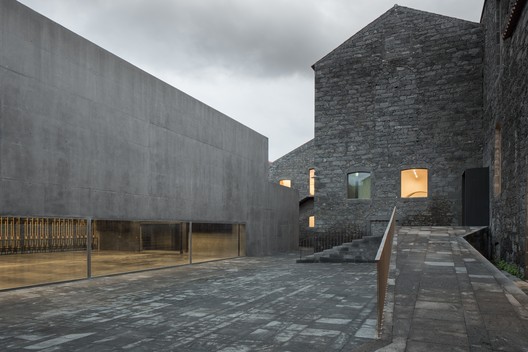
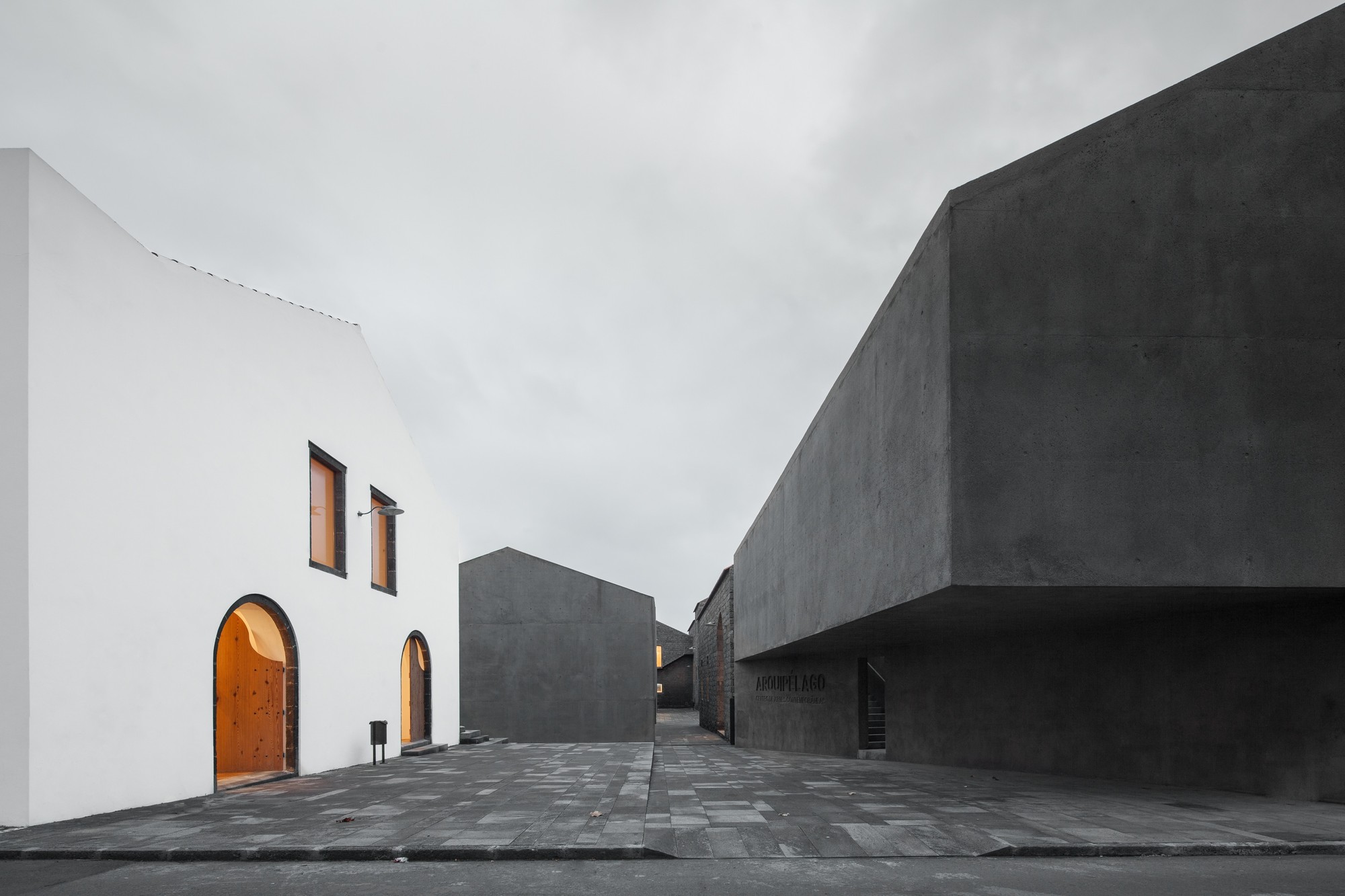
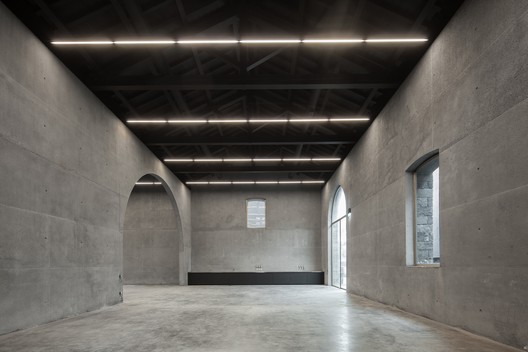
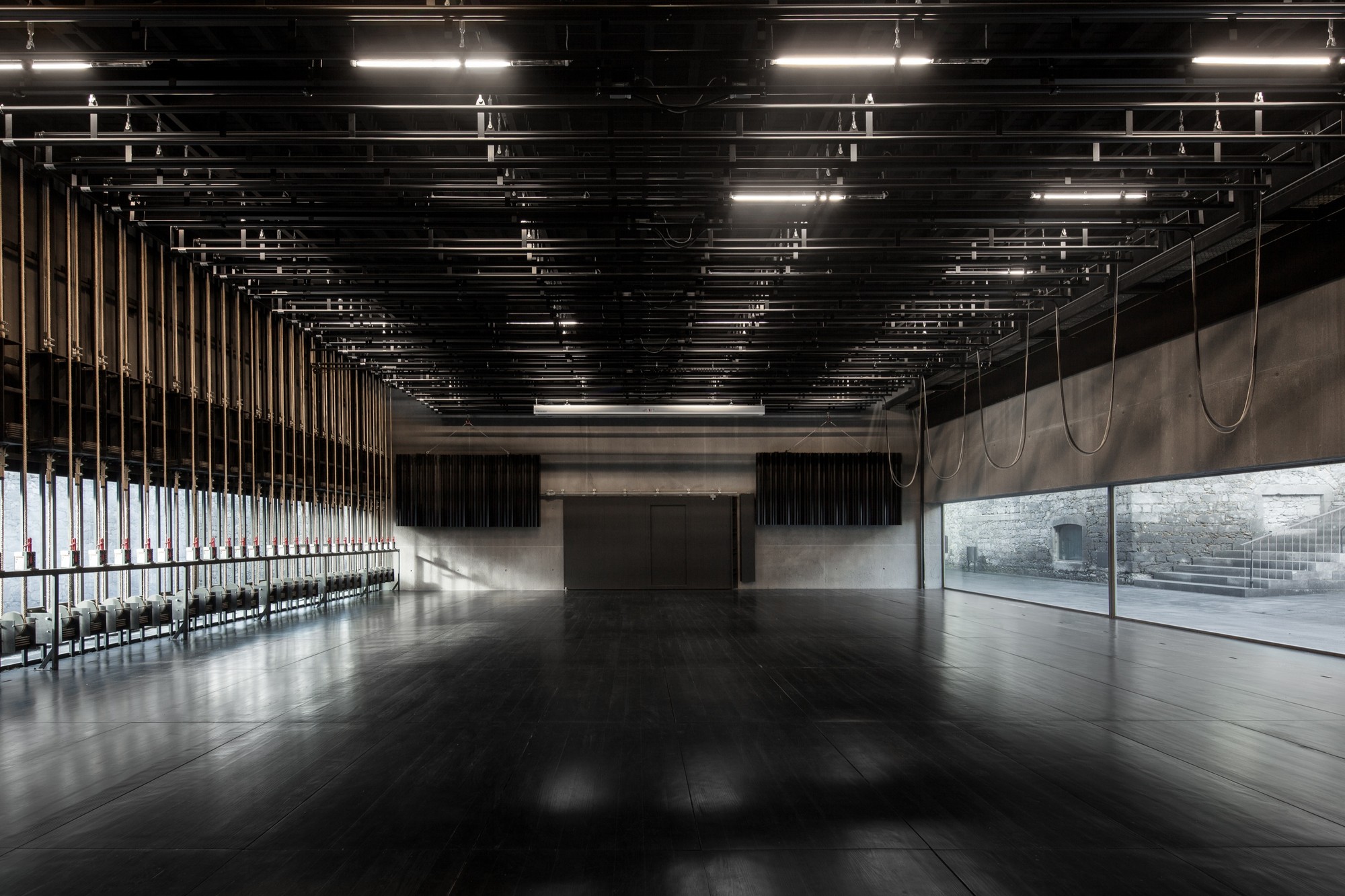
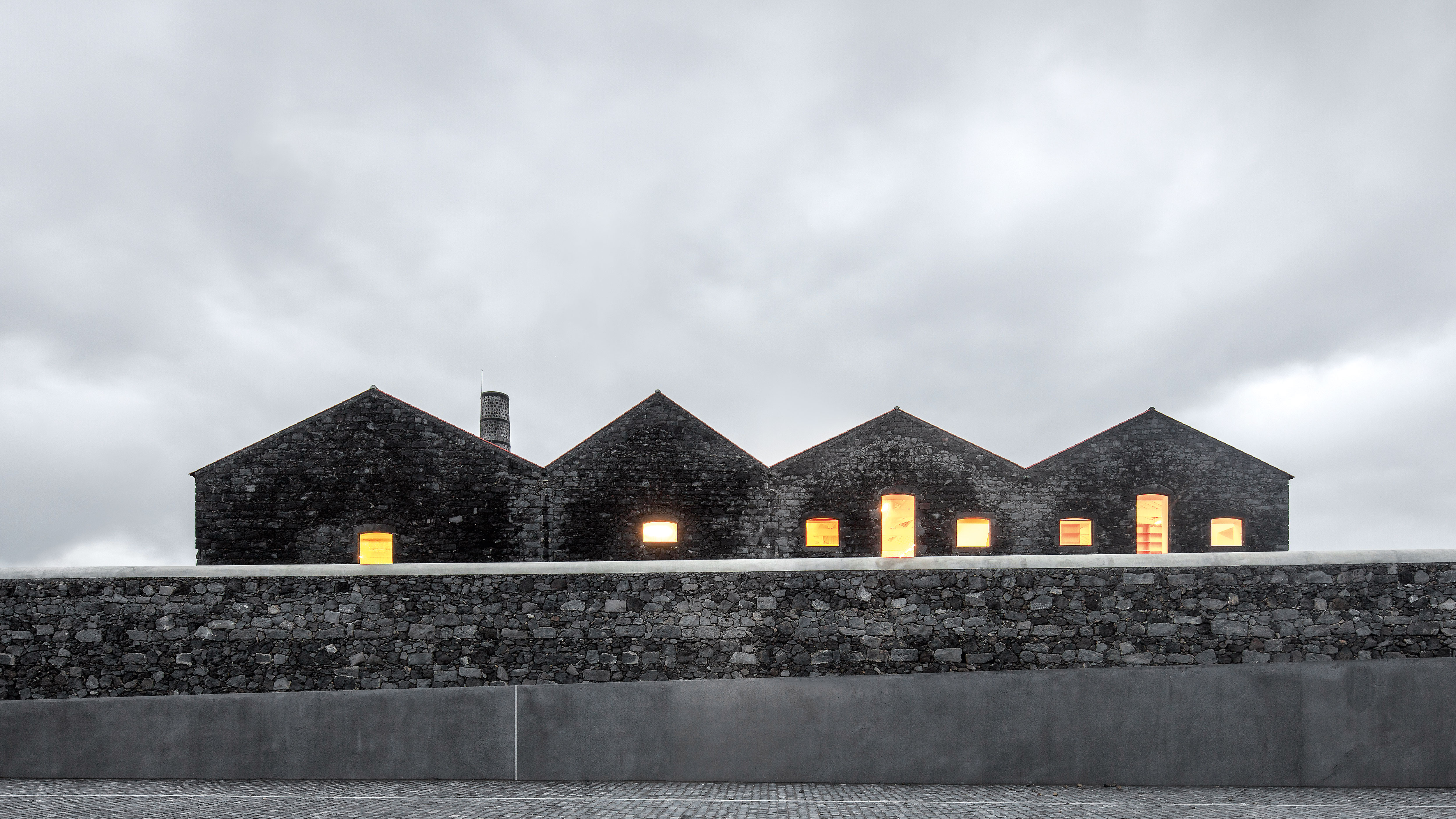
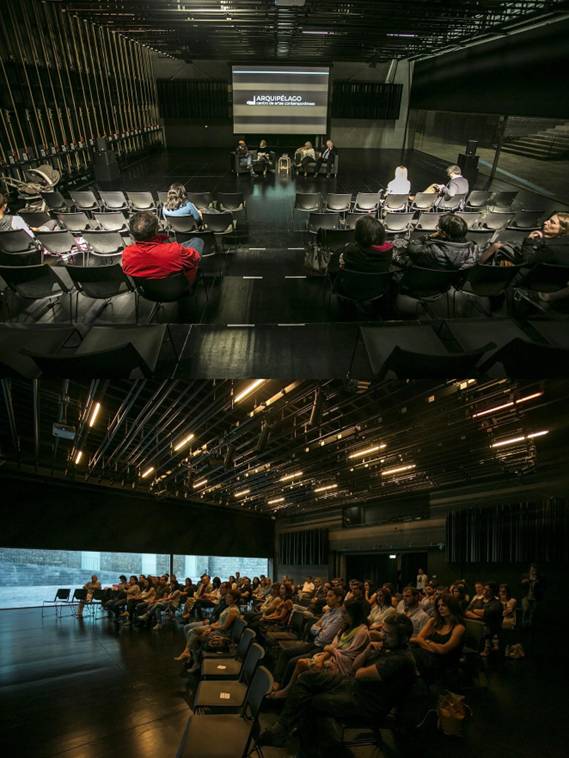
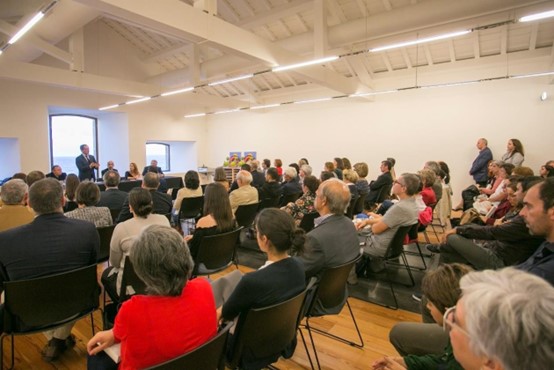
ARQUIPÉLAGO – located in the middle of the Atlantic, in São Miguel,Ribeira Grande, the largest of the nine islands of the archipelago of Azores – is a transdisciplinary art center that will host projects of creation, production and exhibition of contemporary arts.
Working with a local, national and international network of partners, ARQUIPÉLAGO aims to promote and consolidate the local artistic and cultural identity by opening it to, and integrating it into, the global cultural dynamics of the contemporary art world. ARQUIPÉLAGO offers itself as a platform of communication between people, events and cultures, engaging with the communities of the nine islands, strategically positioning itself as a meeting point of 4 geographic axes: the Atlantic Islands, Americas, Europe and Africa, having special attention with the influence of the Diaspora.
ARQUPÉLAGO’s partners are understood as essential not only to the identity of the art center but also to the conceptualization and formalization of an international multidisciplinary artistic program, with activities reaching disciplines such as: visual arts, performing arts, multimedia, music, film, architecture, design, illustration, literature and fashion.
We are inviting proposals for individual paper/project presentations, thematic panel sessions and workshops. The primary language of the event will be English, but proposals for presentations in Portuguese are also welcome.
We invite researchers/academics, artists, tourism practitioners, and students to propose presentations or workshops in these areas, or to suggest other innovative and provocative themes.
KEY THEMES
In these topics, culture includes heritage, art, and other expressions of ‘everyday’ culture.
Following the conference, we are planning to organize an international book with selected papers from the conference.
The call is now closed.| February | Conference website launched |
| Saturday, 30 April | First CFP deadline |
| Tuesday, 31 May | Feedback and decisions communicated for first deadline submissions |
| Thursday, 30 June | Second CFP deadline |
| Thursday, 28 July | Feedback and decisions communicated for second deadline submissions |
| Monday, 19 September | Earlybird registration deadline |
| Thursday, 20 October | Registrations close |
| Tuesday to Thursday, 8-10 November | Conference |
Keynote Speakers (bios)
Vitor Ambrósio, Escola Superior de Hotelaria e Turismo do Estoril and CiTUR - Center for Tourism Research, Development and Innovation, Portugal
Kathryn A. Burnett, University of the West of Scotland, Scotland
Inês Câmara, Culture Action Europe, and Mapa das Ideias, Portugal
Alvaro Carrillo, Instituto Tecnológico Hotelero, Madrid, Spain
Dianne Dredge, The Tourism CoLab, Australia
Nicolas Peypoch, Université de Perpignan, France
Greg Richards, Breda University of Applied Sciences and the University of Tilburg, The Netherlands
Giovanni Ruggieri, University of Palermo, Palermo, Italy
Book of Abstracts (PDF)
Guangzhou session brochure (PDF)
The registration fees have been set as follows:
Until September 19:
Student earlybirds €150
Regular earlybirds €175
After September 19:
Student (latebirds) €175
Regular (latebirds) €200
Online:
Online presenters - students €50
Online presenters - regular €75
Online presenters - GISU Alliance member universities €0
Online participation (no presentation) €0
Registration is now closed
Cancellation Policy
If you should have to cancel your registration, notification in writing should be sent to creatour-azores@ces.uc.pt. Please make sure you state Cancellation and Refund in the subject line of your email.
• A refund of 75% of the full amount paid will be given for cancellations received until Monday, 19 September 2022.
• No refund will be issued for cancellations received after 19 September 2022 nor failure to attend.
Notes:
The in-person registrations include: bus transport from Ponta Delgada to/from Ribeira Grande (if needed); break and lunch catering x 3 days; a special welcoming dinner with live music; a field trip (tbc); access to all sessions; streamed broadcasting of your presentation online; inclusion of authors' bios and presentation abstract in conference materials; other materials provided at the conference; personalized certificate of participation.
The online presenter registrations include: access to all sessions and electronic materials; inclusion of authors’ bios and presentation abstract in conference materials; personalized certificate of participation.
Information on getting to Ponta Delgada, São Miguel Island, Azores, is available from Azores Tourism:
In English: https://www.visitazores.com/en/trip-info
Airlines that fly to the Azores from North America and from Europe: https://www.visitazores.com/en/getting-here
--
North American participants: Azores Airlines has cooperation agreements with a number of Canadian and American airlines, which enables you to book connecting flights to Ponta Delgada from a wide range of cities in North America. See: https://www.azoresairlines.pt
--
The João Paulo II Airport is located less than 3 km from the city of Ponta Delgada. Both taxis and AeroBus, a shuttle bus connection to the city centre and its major hotels, are available at the airport. Further details: https://www.aeroportopontadelgada.pt/en/pdl/home
The range of hotels in Ponta Delgada can be searched through standard accommodations consolidating sites such as Booking.com, etc.
A special conference rate is being arranged with a downtown three-star hotel. More informationcan be found HERE.
Thank you to all the presenters and participants in this international conference - both in-presence and online - for your insightful contributions to the enriching days in the Azores. Your participation was essential for advancing our collective thinking about the potentials and challenges of creative and regenerative tourism development in a variety of contexts and conditions.
The knowledge-sharing, debates, and reflections during the event serve to inform and inspire an emerging new wave of conceiving and addressing the responsibilities of tourism-related activities going forward, one that holds community well-being and holistic sustainability central. Again our thanks for sharing your perspectives, knowledge, and aspirations - they have enriched and inspired our collective thinking and acting going forward.
For any contacts: creatour-azores@ces.uc.pt
Alexandra Baixinho, Overseas History Center (CHAM-A/UNL-UAç), University of the Azores
Alexandra Rodrigues Gonçalves, CINTURS, University of Algarve
Ana Isabel Damião de Serpa Arruda Moniz, Faculty of Economics and Management, University of the Azores
Antonieta Reis Leite, Centre for Social Studies, University of Coimbra
Áurea Sandra Toledo de Sousa, Faculty of Science and Technology, University of the Azores
Carlos Cardoso Ferreira, CEGOT (Centre of Studies in Geography and Spatial Planning), Department of Geography and Tourism, University of Coimbra
Carlos Santos, Observatory of Sustainable Tourism of the Azores (OTA) and Faculty of Economics and Management, University of the Azores
Cláudia Carvalho, Centre for Social Studies, University of Coimbra
Daniela Fantoni Alvares, Faculty of Economics and Management, University of the Azores
Elisabete Kastenholz, Research Unit on Governance, Competitiveness and Public Policies (GOVCOPP), University of Aveiro
Evan Jordan, Indiana University, Bloomington Department of Recreation, Park, and Tourism Studies, Indiana University, USA
Fiona Eva Bakas, Lusofona University
Giovanni Ruggieri, University of Palermo – Faculty of Economy, University of Palermo, Italy
Gualter Manuel Medeiros Couto, Faculty of Economics and Management, University of the Azores
Isabel Soares de Albergaria, CHAM - Centre for the Humanities (CHAM-A/UNL-UAç), University of the Azores
Isabel Vaz de Freitas, Portucalense University / Lab2PT
Jaime Serra, CIDEHUS, University of Evora
Kathleen Scherf, Thompson Rivers University, Canada
Leonor Sampaio da Silva, CHAM - Centre for the Humanities (CHAM-A/UNL-UAç), University of the Azores
Maria Assunção Gato, DINAMIA'CET - ISCTE, IUL
Maria da Graça Batista, Faculty of Economics and Management, University of the Azores
Maria Noémi Marujo, CIDEHUS, University of Evora
Maria Teresa Medeiros, University of the Azores
Magnus Luiz Emmendoerfer, Universidade Federal de Viçosa - UFV, Brazil
Milia Lorraine Khoury, Cape Peninsula University of Technology, South Africa
Nancy Duxbury, Centre for Social Studies, University of Coimbra
Nicole Vaugeois, Vancouver Island University, Canada
Nicolas Peypoch, Université de Perpignan Via Domitia, France
Olga Pinto de Matos, Instituto Politécnico de Viana do Castelo / Lab2PT
Paula Remoaldo, Lab2PT, University of Minho
Pedro Costa, DINAMIA'CET - ISCTE, IUL
Pedro Pimentel, Faculty of Economics and Management, University of the Azores
Pilar Damião Medeiros, University of the Azores, Interdisciplinary Centre of Social Sciences (CICS.UAc/CICS.NOVA.UAc)
Rosa Neves Simas, University of the Azores, Interdisciplinary Centre of Social Sciences (CICS.UAc/CICS.NOVA.UAc)
Rui Alexandre Castanho, Faculty of Applied Sciences, WSB University, Poland
Sara Albino, CIDEHUS, University of Evora
Will Garrett-Petts, Thompson Rivers University, Canada
Vítor Ambrósio, Estoril Higher Institute for Tourism and Hotel Studies
Carlos Santos, Observatory of Sustainable Tourism of the Azores (OTA)
Claúdia Faias, Observatory of Sustainable Tourism of the Azores (OTA)
Gualter Manuel Medeiros Couto , Faculty of Economics and Management, University of Azores
Inês Costa, Centre for Social Studies, University of Coimbra
Isabel Soares de Albergaria, Overseas History Center (CHAM-A/UNL-UAç), University of the Azores
João Alves, Observatory of Sustainable Tourism of the Azores (OTA)
Luciano Seabra Coelho, Centre for Social Studies / Faculty of Economics, University of Coimbra
Leonor Sampaio da Silva, Overseas History Center (CHAM-A/UNL-UAç), University of Azores
Nancy Duxbury, Centre for Social Studies, University of Coimbra
Pilar Damião Medeiros, University of the Azores, Interdisciplinary Centre of Social Sciences (CICS.UAc/CICS.NOVA.UAc)
Rosa Neves Simas, University of the Azores, Interdisciplinary Centre of Social Sciences (CICS.UAc/CICS.NOVA.UAc)
Rui Apresentação, Observatory of Sustainable Tourism of the Azores (OTA)
Sílvia Silva, Centre for Social Studies, University of Coimbra
Sónia Céu, Observatory of Sustainable Tourism of the Azores (OTA)
Tiago Vinagre de Castro, Centre for Social Studies / Faculty of Economics, University of Coimbra
CREATOUR Azores - Turning the Azores into a Creative Tourism Destination is an integrated research-and-application project that aims to advance research focused on creative tourism in island regions, diversify tourism offers in the Azores, and strengthen links with other regions of Portugal where this model has already been implemented through the CREATOUR project as well as with other islands where the approach could be replicated. The main objective of CREATOUR Azores is to empower various agents located in the Azores archipelago to develop, implement, and promote creative tourism experiences through which tourists can actively participate in creative activities, providing opportunities for learning, creative self-expression, and interaction with local communities. A creative tourism approach allows both visitors and communities to benefit from tourism exchanges, promotes cultural vitality and sustainability, and allows artistic and creative activities to play a driving role in socio-economic development.
In addition, the CREATOUR Azores project intends not only to strengthen knowledge about specific market segments that may have greater interest in the products of creative tourism available in the region (matching profile characteristics and offers of specific destinations) but also to identify the most appropriate channels to communicate with these differentiated segments. Given the unique location and intrinsic characteristics of the Azores – a nine-island archipelago located in the North Atlantic – there is a very high potential for the development of internationally attractive and unique creative tourism offers in this island region.
The CREATOUR Azores project is coordinated by the Observatory of Sustainable Tourism of the Azores (OTA) and the University of the Azores/Gaspar Frutuoso Foundation, in partnership with the Centre for Social Studies (CES) of the University of Coimbra, Portugal.
The conference website is hosted by the Centre for Social Studies of the University of Coimbra (www.ces.uc.pt). The project website is hosted by the Observatory of Sustainable Tourism of the Azores (OTA): www.ota.pt.
In December 2018, the Guangzhou International Sister Cities University Alliance (GISU) was created. The Alliance aims to strengthen the ties and exchanges between Guangzhou’s international sister cities and their local universities, and provide a platform for member universities to share international academic resources, encourage education and scientific and technological cooperation, enhance the vitality of urban development, and promote urban development.
Supported by the People's Government of the Guangzhou Municipality, GISU’s mission is to attract and leverage the academic resources of its members in close collaboration for the sustainable development of our cities. Strategic goals of each city's economic and social development should be considered with the basic idea of promoting sustainable urban development through scientific and technological innovation.
The Alliance of Guangzhou International Sister-City Universities (GISU) currently includes 18 members, representing 15 countries, 17 sister and friendly cities, with a combined population of almost 38 million, over half a million students and 44,000 faculty and staff.
GISU Alliance Members
|
|
|
